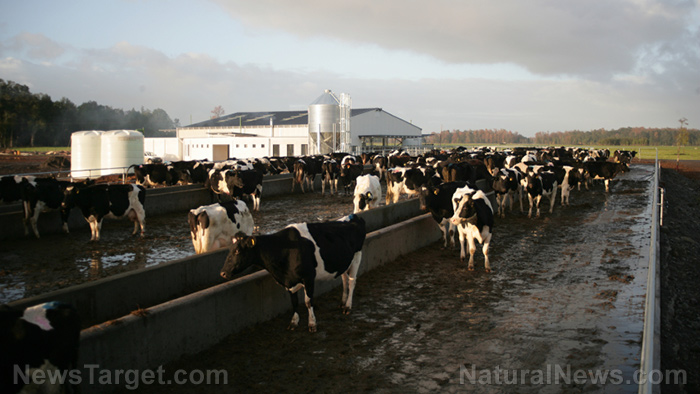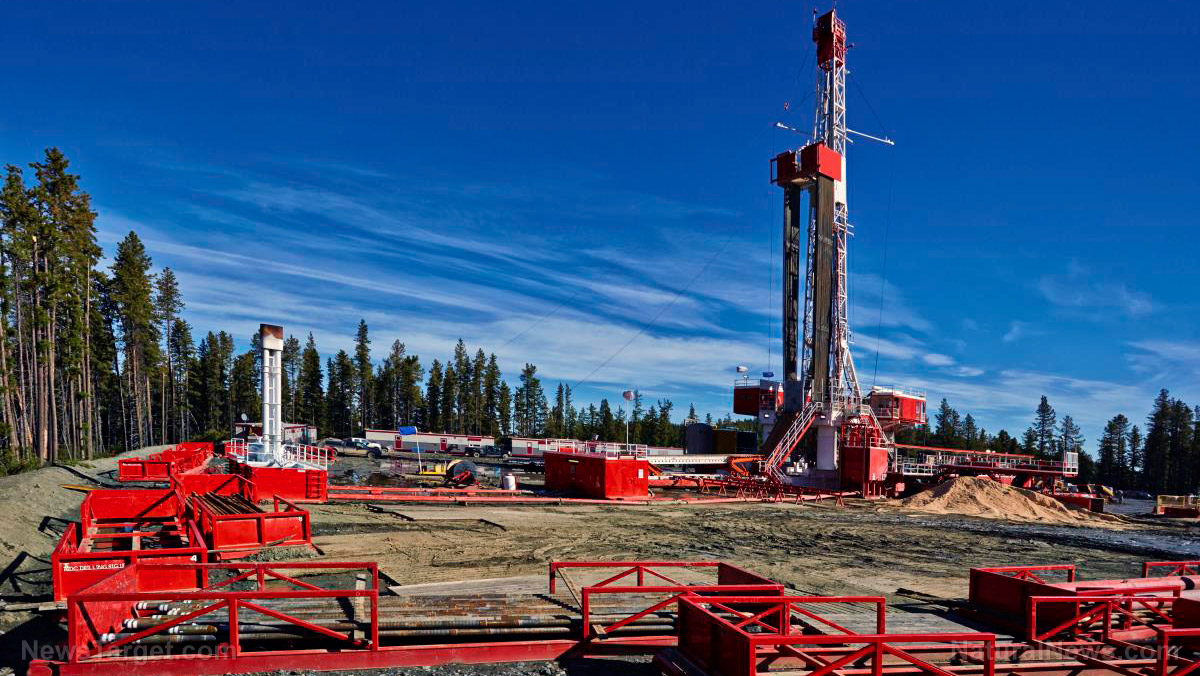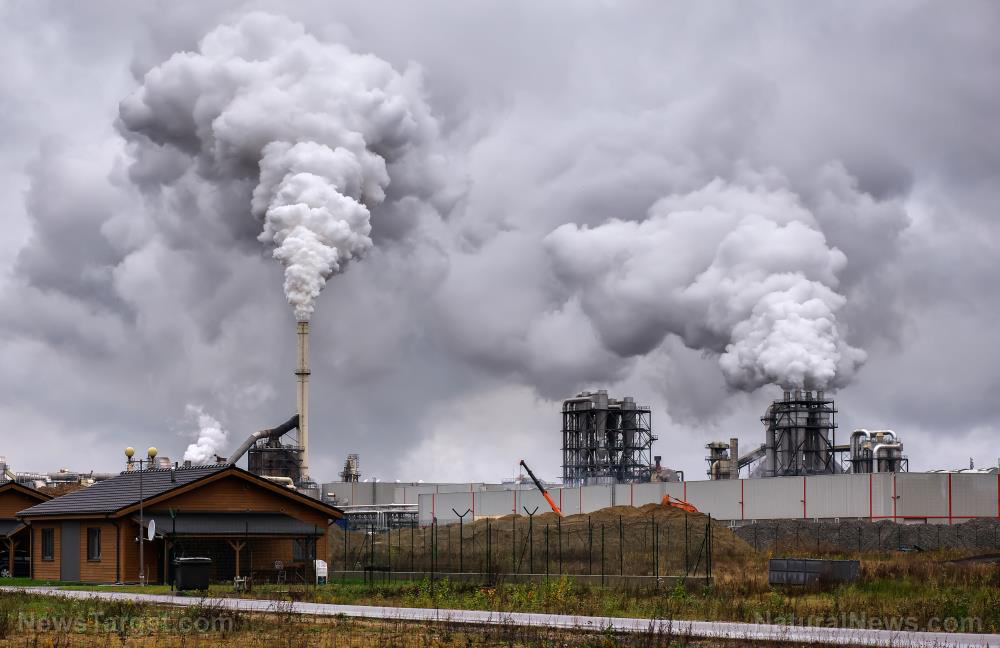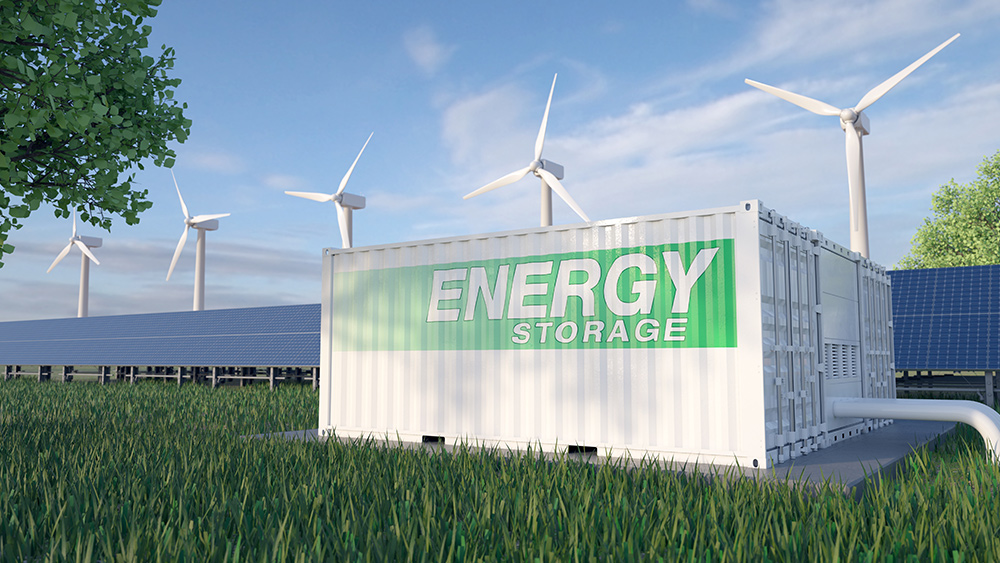Renewable natural gas from manure could become a fuel for heating homes
08/28/2018 / By Edsel Cook

A Canadian study proposed using farm manure as a renewable source of biofuel. The researchers posited that biowaste could be turned into renewable natural gas to keep homes warm and reduce methane air pollution, according to an article that appeared in ScienceDaily.
The feasibility study was undertaken by a research team from the University of Waterloo (Waterloo). They published their findings in the International Journal of Energy Research.
According to the researchers, animal manure is usually spread across cropland as organic fertilizer. The problem is that rotting manure releases methane and other toxic gases into the air.
Turning biowaste into biofuel would not just cut back on the methane pollution generated by manure rotting out in the open. Renewable natural gas could supplement the supply of conventional natural gas that’s in high demand in the U.S.
The manure-derived natural gas could be used in many of the same ways as its fossil fuel counterpart. It could be used to heat homes during the winter, power industrial processes, and serve as fuel for transportation trucks.
Diesel-engine trucks are considered to be a major source of air pollution in urban areas. Reducing their emissions would go a long way in improving air quality. (Related: German court rules cities may ban diesel engines.)
“There are multiple ways we can benefit from this single approach,” said study author David Simakov, a professor of chemical engineering at Waterloo. “The potential is huge.”
He claimed the renewable natural gas conversion technology can use manure from different farm animals such as cows and pigs. It could also be adapted for use at landfills with organic waste.

Ontario dairy farm provides proof of concept
Simakov and his team created a computer model based on a real-life Ontario dairy farm with a biogas generation facility. Manure produced by the 2,000 cows on the premises was gathered and fed into anaerobic digesters that created biofuels.
Some of the resulting biogas was burned onsite to generate electricity for the dairy farm.
Biogas yielded around 30 to 40 percent of the energy potential of methane in manure. The Waterloo researchers wanted to increase that energy efficiency by converting biogas into renewable natural gas via the process of methanation.
During methanation, hydrogen is added to the biogas. The resulting mixture is processed in a catalytic converter, where it undergoes a chemical reaction that creates methane from carbon dioxide.
The conversion into renewable natural gas unlocks almost all of the energy potential in manure. The biofuel is also much easier to store and generates much less methane air pollution than decomposing manure.
“This is how we can make the transition from fossil-based energy to renewable energy using existing infrastructure, which is a tremendous advantage,” Simakov said regarding his team’s findings.
Adopting renewable natural gas is expensive but worth the cost
The primary obstacles to the adoption of renewable natural gas are the significant initial investment and the electrical requirements of the hydrogen production process.
The cost of upgrading the Ontario farm’s existing biogas generation facility with a methanation system is estimated at five million U.S. dollars. The farm can pay this back by selling energy and carbon credits.
According to the computer model of the Waterloo team, it will take about five years for the methanation system to pay back its cost, if one factors in government price subsidies for renewable natural gas.
The hydrogen required for methanation is produced through electrolysis. However, the energy demand of this process can be met on-site with renewable sources of power or taken from the electrical grid during times of low demand.
Find out more ways we can reduce air pollution at Pollution.news.
Sources include:
Submit a correction >>
Tagged Under:
biofuel production, biofuels, biogas, biowaste, farm manure, green energy, methanation, Methane, natural gas, organic waste, renewable energy, renewable fuel, renewables
This article may contain statements that reflect the opinion of the author





















